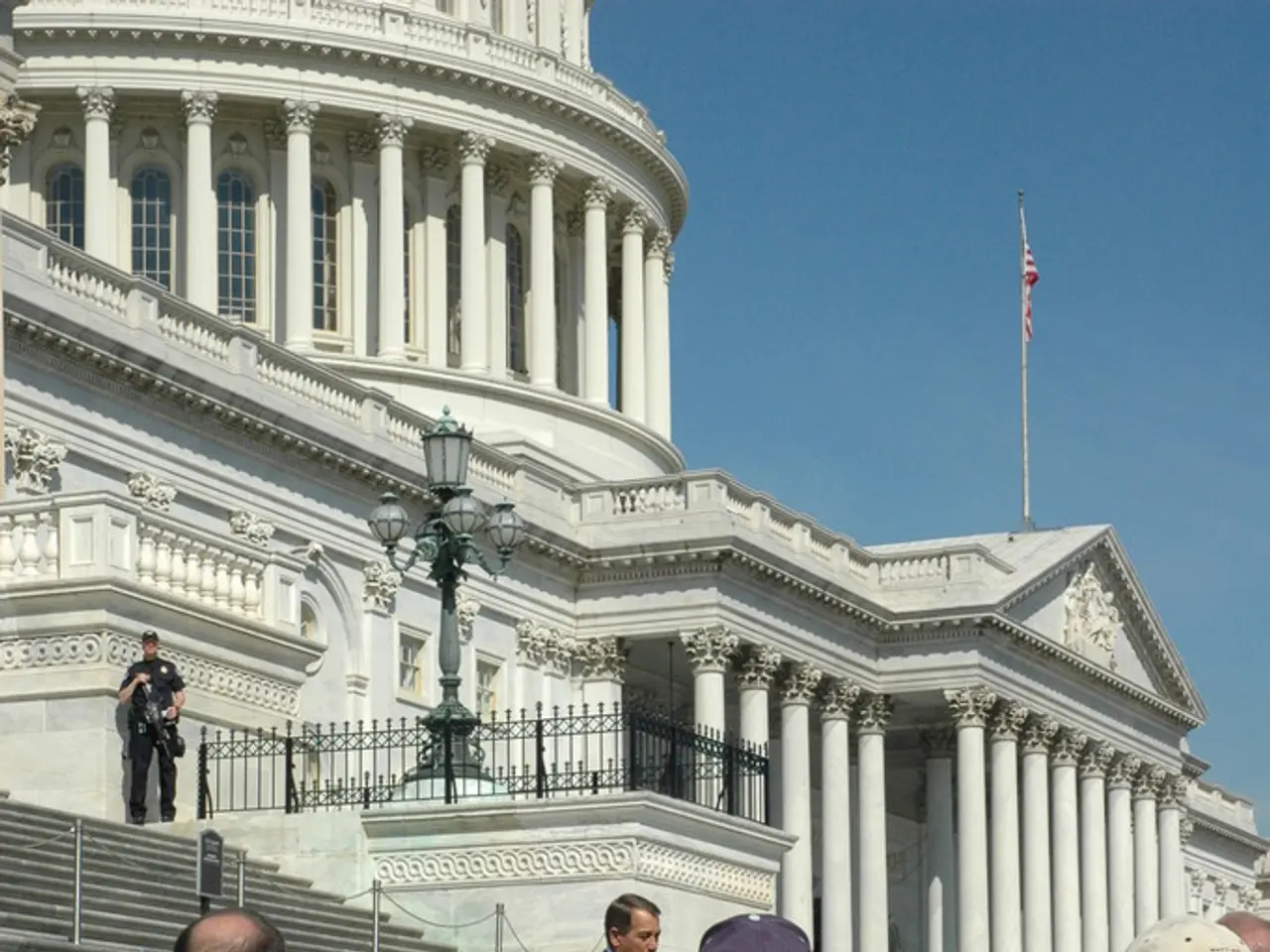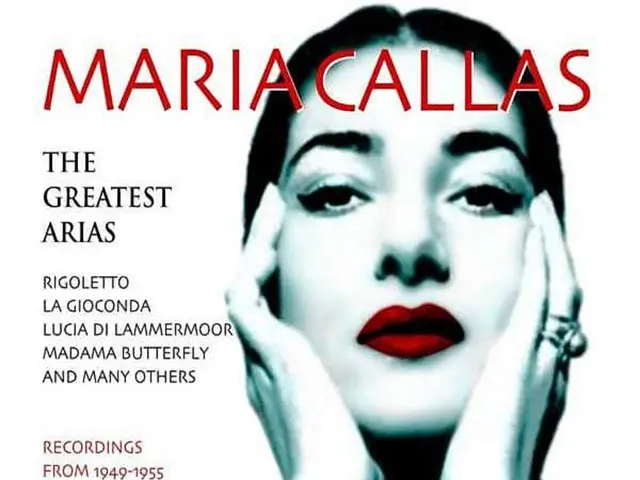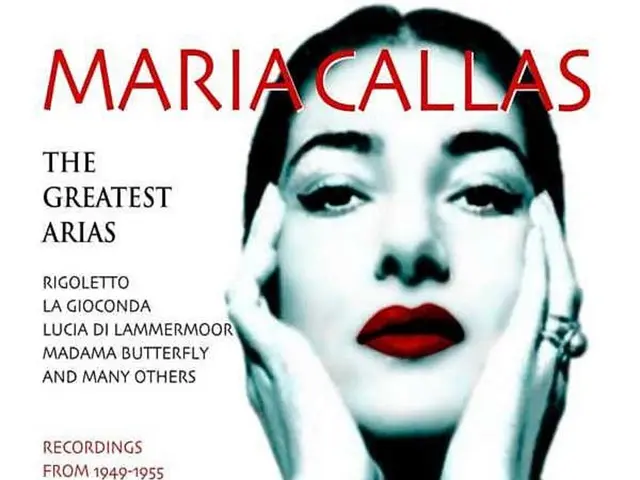Protesters in US argue Trump exploits 'crime emergency' for justifying DC seizure
President Donald Trump has declared a "crime emergency" in Washington, D.C., granting his Department of Justice control over the city's local law enforcement. This move, announced on August 11, 2025, has sparked controversy and raised questions about the balance of local versus federal authority in the capital.
The Executive Order, which delegates monitoring and oversight to the Attorney General, comes amidst a surge in violent crime that has threatened public safety, federal operations, and the overall functioning of the government in the capital. The decision reflects concerns that rising violence is disrupting government operations, putting federal employees, citizens, and tourists at risk, and undermining confidence in the federal government’s strength.
Following this declaration, the National Guard was mobilized to assist law enforcement in restoring safety. However, legislative battles are brewing over the extension of this federal intervention beyond the 30-day limit imposed by the Home Rule Act, potentially allowing indefinite control if deemed necessary for public safety. This proposal faces strong opposition from Senate Democrats and could provoke legal challenges, including disputes over a possible declaration of a national emergency to bypass congressional approval.
The District of Columbia Attorney General, Brian Schwalb, has called Trump's move "unprecedented, unnecessary, and unlawful," stating there is no crime emergency in the District of Columbia. Keya Chatterjee, the executive director of Free DC, described the move as a "major escalation" and "authoritarianism." Civil rights leader Reverend Al Sharpton called it the "ultimate affront to justice and civil rights."
The city, which is a Black plurality city and was once the first Black majority city in the US, adds a racial dynamic to what advocates have long decried as the systematic disenfranchisement of its residents. Over 90 percent of DC voters supported Trump's Democratic opponent, Kamala Harris, in the 2024 election.
However, not everyone views Trump's actions negatively. Twenty-year-old Radha Tanner sees the move as using the pretext of crime to enact a wider political mission, portraying Democrat-dominated cities like DC as "unsafe and riddled with crime."
The rights of the residents of Washington, D.C., have been a subject of debate since it was established in 1790. Groups like the Center for American Progress attribute the decline in DC crime rates to local law enforcement strategies, as well as investments in crime prevention and resources such as housing and education. Maurice Carney, a DC resident, believes that long-term investment, not a short-term commandeering of local law enforcement or the deployment of the National Guard, would be more effective in addressing crime.
As the situation unfolds, Washington, D.C., continues to fall under the direct auspices of the federal government and maintains a level of local autonomy per the Home Rule Act of 1973. The Pentagon has deployed US National Guard forces to the city, with more than 700,000 residents. Early this year, the Justice Department announced that violent crime in DC had hit a 30-year low.
The city's response to Trump's declaration, and the outcome of the ensuing legislative and legal battles, will shape the future of public safety and local governance in Washington, D.C.
Read also:
- Court petitions to reverse established decision on same-sex marriage legalization
- Trump's enforcement actions in Washington D.C.: Insights from the political arena
- Chinese Ambassador issues stern message to India regarding Trump's tariffs in midst of escalating trade feuds
- Aircraft collides with another one on the runway during landing at Montana airport, igniting flames








